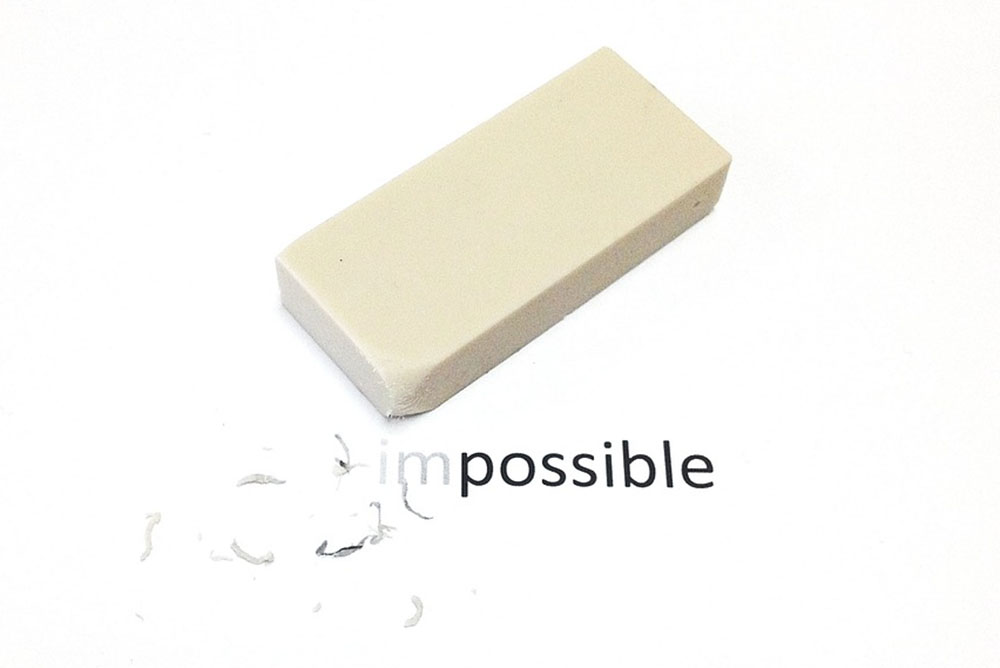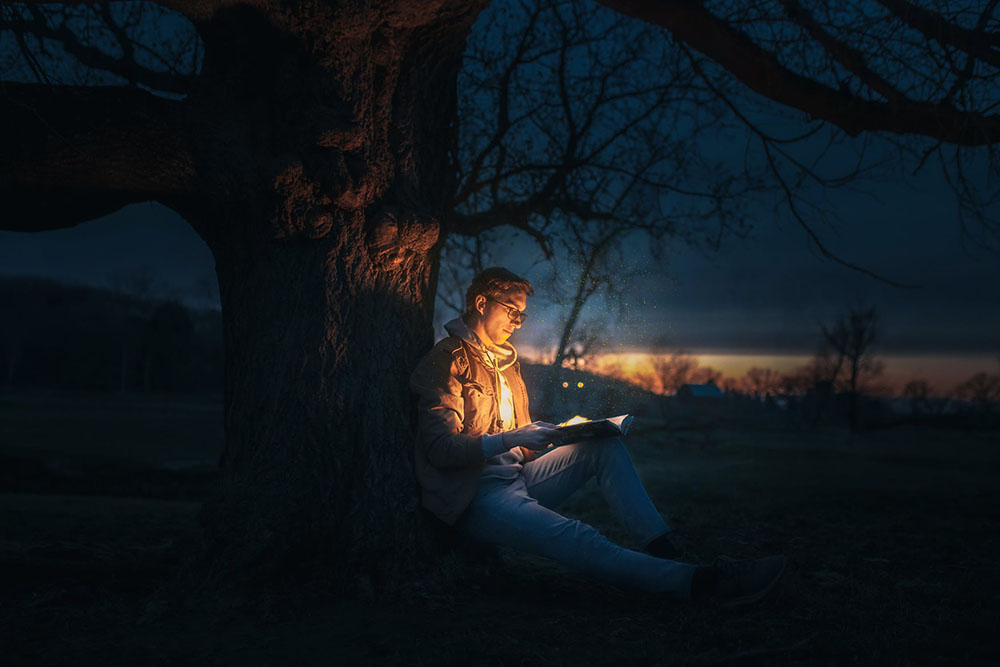Be open to possibilities When I wrote my first novel Diamond Dogs, I had the idea that my hero, a high school senior, gets rid of the body. He accidentally kills a kid while driving late one night on …
Novel / Fiction
Why Writers Get Stuck
Einstein says, “You cannot solve a problem at the same level of consciousness that created the problem.” Writers often get stuck because they believe it’s their job to figure out a solution to …
One Thing Readers Hate
One thing readers hate are coincidences. Sure, coincidences occur in our lives every day, but in a story, they are generally a problem. Readers lose interest when coincidence leans in the …
Take Risks – Advice for First-Time Writers
“In order to share one's true brilliance one initially has to risk looking like a fool." - Criss Jami Writing your first story is sort of like, well . . . there’s a first time for everything. It’s …
Blind Spots in Your Story
It is human to have blind spots, and often convenient to be in denial about certain aspects of ourselves. This is natural, or, at least, common. Humans are not logical, and stories both great and wild …
On Writing Dialogue
“If you have a good ear for dialogue, you just can’t help thinking about the way people talk. You’re drawn to it. And the obsessive interest in it forces you to develop it. You almost can’t help …
What Happens Next?
The first step in creating a fully alive story is imagining the world. This simply means envisioning your characters in relation to each other and asking, "What happens next?" With each idea or image …
The Power of Curiosity
Story creation often begins with an idea or an image that ignites your imagination. You become curious, wanting to know more, to see how it is going to play out. The desire to write is connected to …
Making the Impossible Possible
Turning the impossible into something possible is the magic of story. We often have an idea of the direction our story is going. But sometimes we discover that it's not happening the way we had …
Writing Tip – How to Show and Tell
"Action is eloquence." - William Shakespeare If we find ourselves editorializing, that is telling or explaining what is happening in our story. It's “OK” . . . however, we probably don't want to …










